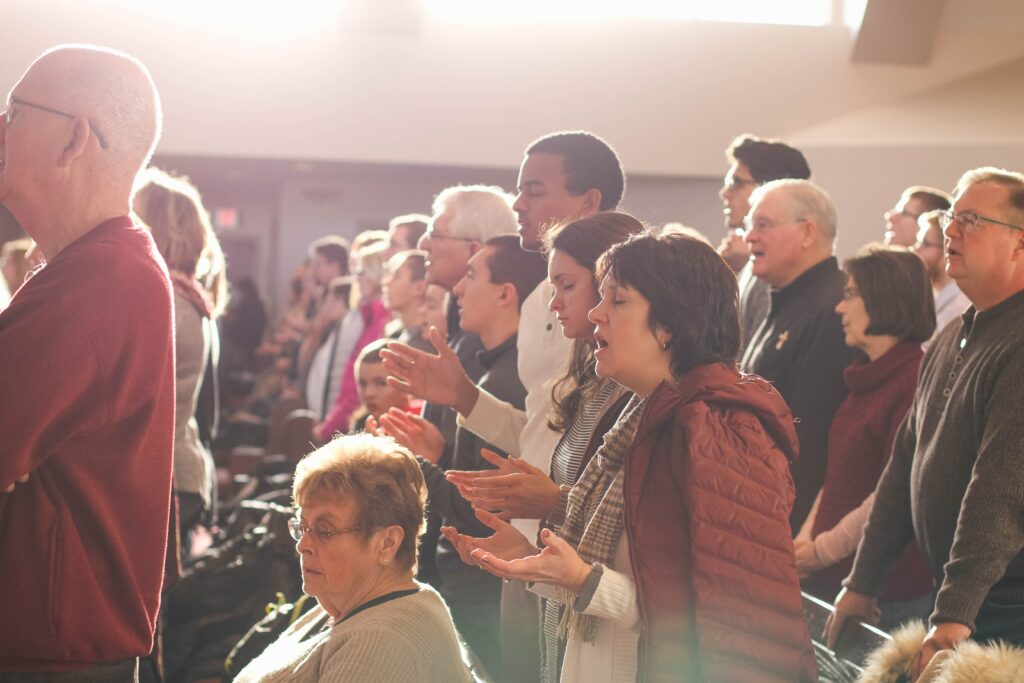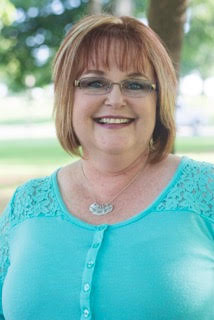What Do People Say When You Are Depressed?
by Rick Qualls
People say all kinds of things when they discover you are suffering from depression.
Here are some unhelpful things you might hear:
“There is always someone who is in worse shape than you are.” Depression is not a competition. Comparing illnesses only induces guilt. Yes, others are hurting. But that is not the point. Don’t discount your illness and its effect on you and others.
“You are just sad.” No. Depression is more than sadness. We all are sad at times, but depression is a disease. Depression affects physical health such as sleeping habits, brain chemistry, appetite, and the slowing down of speech and actions.
Oppressive negative thoughts accompany depression. Depression affects your spirit. You may lose meaning in life. You may question your faith and prayer life.
Depression is a disease that affects your whole life. It is far more than sadness.
“Cheer up! Have happy thoughts.” Negative thoughts overtake the sense of joy or cheerfulness that you once had. Why does this happen? No one knows. It may be brain chemistry, a genetic dysfunction, the electrical impulse that has created patterns of thinking that are negative, or even tragic events may have induced a depressive state.
No one wants to suffer depression. If happy thoughts could cure, there would be less misery in the world.
Here are helpful things you may hear:
“You are important to me.” To have someone stay in the dark shadows with you is a precious gift. You may not feel worthy of the people who remain in your life.
Some people will not be able to follow you into the darkness. They may be afraid. Afraid that depression is contagious. Or they don’t know what to do. They want to “fix” you, but they can’t and are frustrated. Family members may have guilt feelings that keep them at a distance.
But those who say, “You are important to me. I will stay with you through this” are gifts from God.
The words, “You are not going crazy.” There are medical reasons for the way that you feel, and affirmation from those who care bring relief. Depression brings fear of slipping more deeply into the shadows. Words of affirmation from caring people remind us that our experience is a regular part of depression.
Some may say, “I am glad to help you.” When they say this, they are specific about what they can do. They may offer to listen or walk with you. Perhaps they may watch a movie with you, become your exercise partner, or check on you every day.
We live in a society of words. Some words are meaningless noise. Some words hurt and other words build people up.
Filtering out negative words is hard. They stay with us longer than positive words. (Some clinicians believe that it takes five positive comments to make up for one negative one.)
One thing that I try to do, though not always successfully, is to assume the speaker means well but doesn’t understand depression. I try to hang on to the positive comments as long as possible.
Be aware of the power of words. The Bible reminds us that we have a responsibility for our what we say.
“Do not let any unwholesome talk come out of your mouth, but only what is helpful for building others up according to their needs, that it may benefit those who listen.” Ephesians 4:29
Parts of this article are from Rick’s book: Bright Spots In The Darkness: Meditations When You Are Depressed. See this and other writings at
-
 Bright Spots in the Darkness Christians can be depressed. Yet there is stigma in the church for suffering depression. Well-meaning people will say: “Just get over it.” “Think about good things.” “Confess your hidden sin.” “You must not be reading your Bible enough.” Instead of help, you may find judge…RICKQUALLS.COM
Bright Spots in the Darkness Christians can be depressed. Yet there is stigma in the church for suffering depression. Well-meaning people will say: “Just get over it.” “Think about good things.” “Confess your hidden sin.” “You must not be reading your Bible enough.” Instead of help, you may find judge…RICKQUALLS.COM






